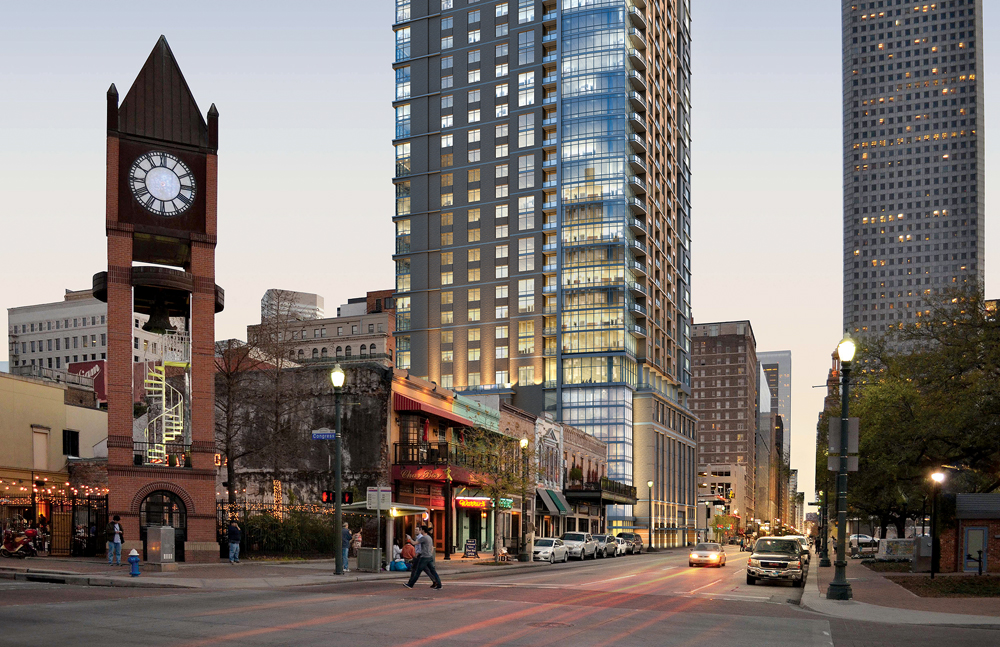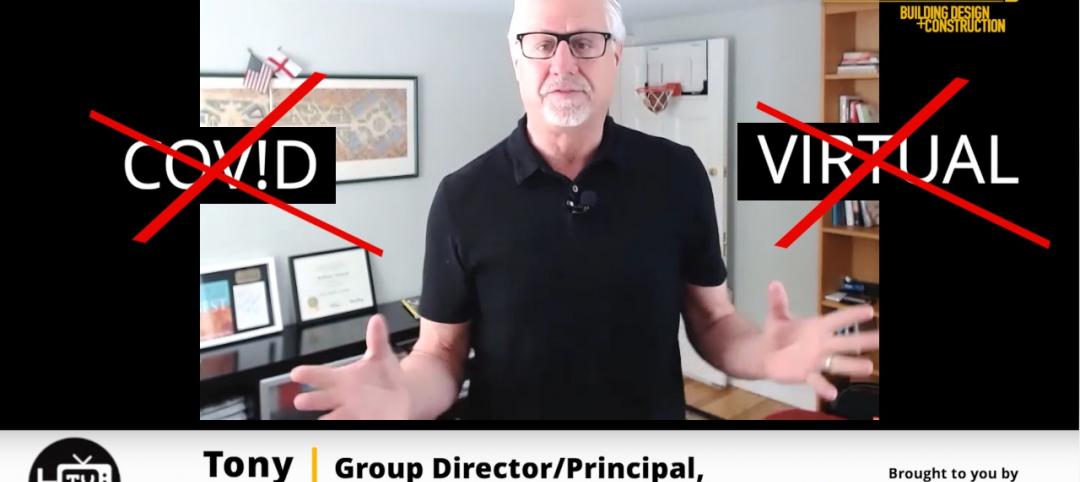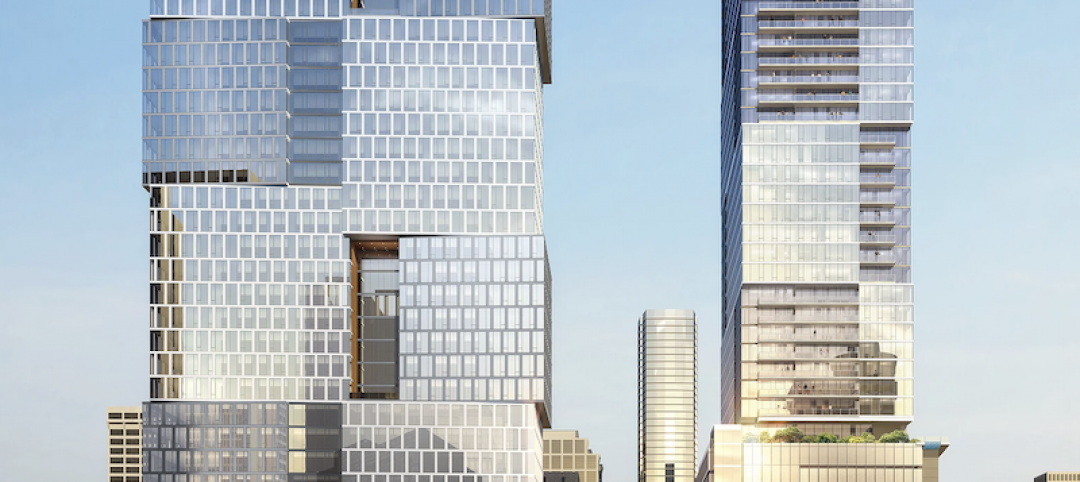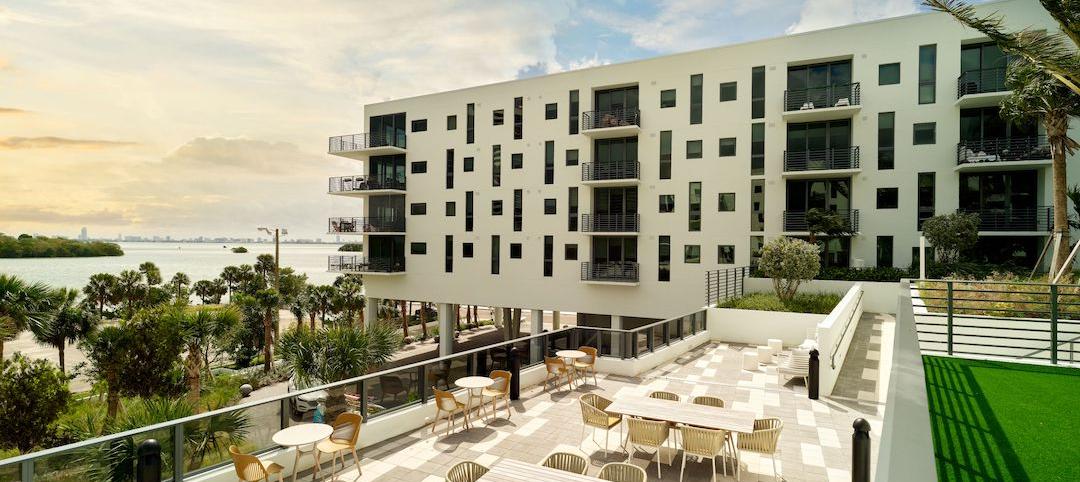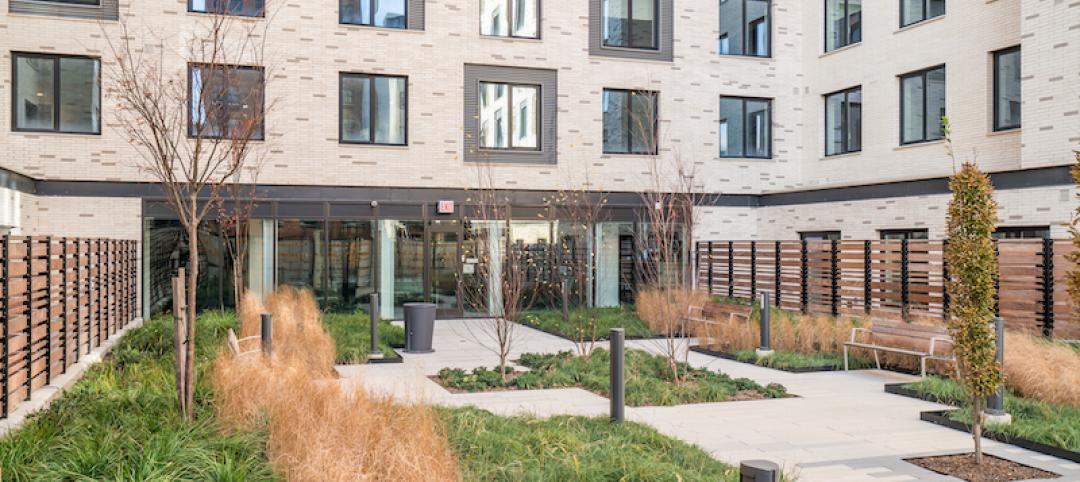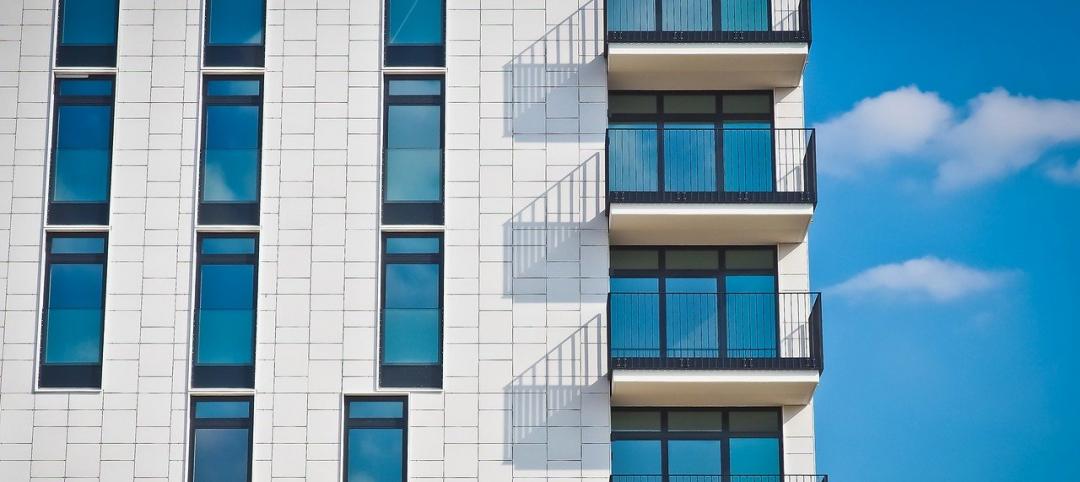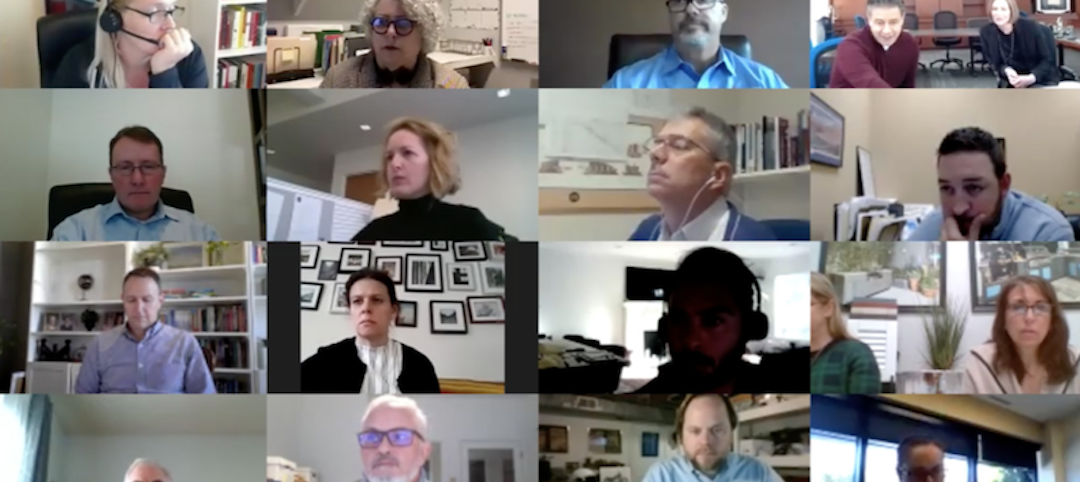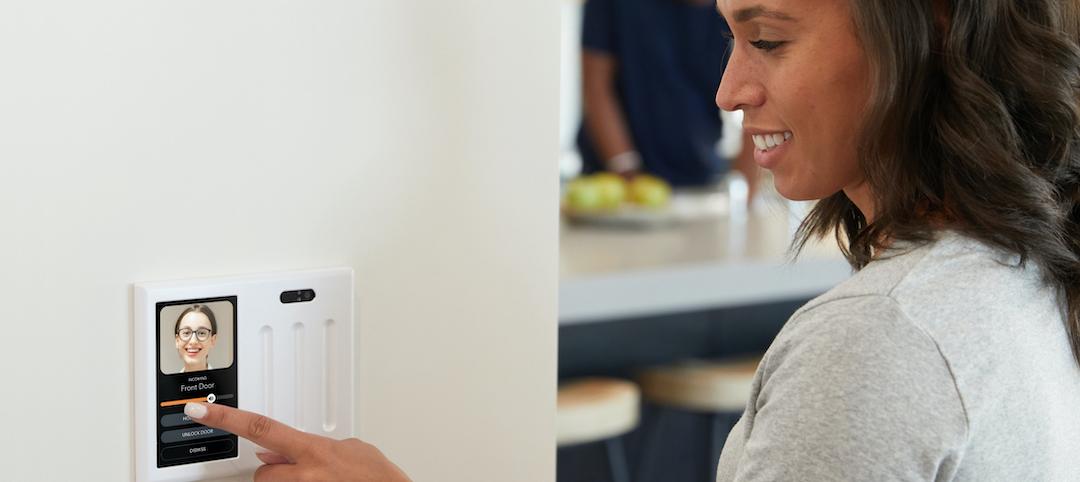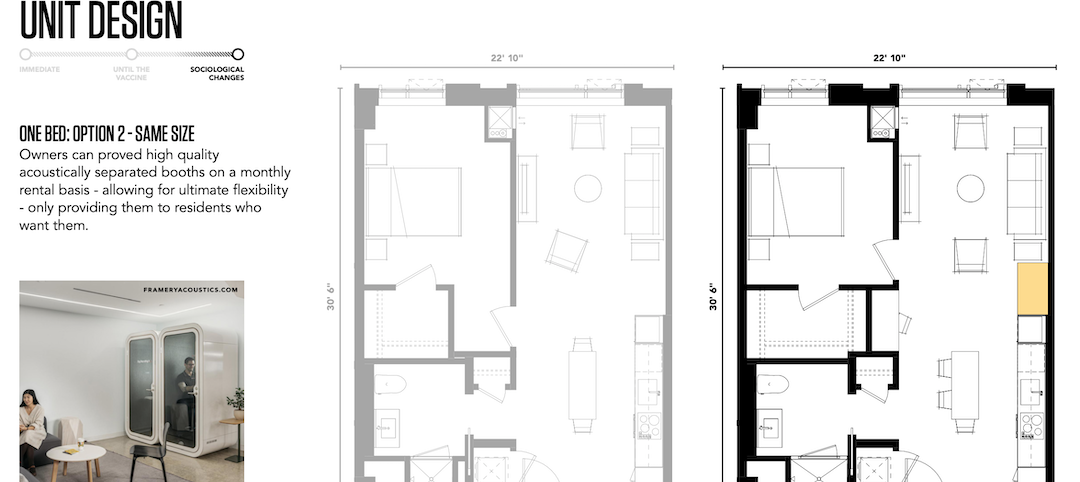The conventional wisdom about renters is that most of them would prefer to own their homes, and that many eventually will buy a house.
However, a survey of more than 25,000 adults—about one-third renters, two-thirds homeowners—found the renters to be more burdened by debt than homeowners and severely short of emergency savings. For many renters, a 20% down payment to secure a mortgage is a pipe dream; for some, even the government’s recent plan to bring back mortgages with 3% down payments might be a bridge too far.
The Financial Industry Regulatory Authority (FINRA), a nonprofit oversight organization authorized by Congress, conducted the study in 2012, and released its results last October.
For more on the multifamily housing sector, read BD+C's Special Report: "5 intriguing trends to track in the multifamily housing game"
In 2012, 36% of Americans were renters. The survey found them to be younger than homeowners; only 39% were married, compared to 63% of owners. Nearly three-fourths of renters (74%) had household incomes below $50,000, compared with 41% of owners.
The survey found renters to be less educated, and nearly twice as likely to be unemployed or temporarily laid off, than owners. Forty-two percent of renters are minorities, compared with 29% of owners.
About one in four renters (24%) said they found it “very difficult” to pay their bills, versus 12% of owners. Nearly half of renters (48%) said paying their bills was “somewhat difficult,” compared to 39% of homeowners.
Renters are burdened by a surfeit of debt. The survey found that renters were nine percentage points more likely than homeowners to carry credit card debt and nine percentage points more likely to carry student debt.
The difference was even more drastic for medical debt: 17 percentage points. (At the time the survey was taken, 68% of the renters said they had medical coverage, versus 85% of homeowners, but this was before the Affordable Care Act took effect.)
The scariest finding was that renters had practically no savings and live from paycheck to paycheck. Fifty-eight percent said they probably or definitely couldn’t come up with $2,000 in 30 days to cover an unexpected expense, compared to 29% of homeowners. Only 22% of renters (versus 50% of owners) said they had enough savings to cover three months’ expenses.
Related Stories
Multifamily Housing | Apr 22, 2021
The Weekly Show, Apr 22, 2021: COVID-19's impact on multifamily amenities
This week on The Weekly show, BD+C's Robert Cassidy speaks with three multifamily design experts about the impact of COVID-19 on apartment and condo amenities, based on the 2021 Multifamily Amenities Survey.
Multifamily Housing | Apr 20, 2021
Two new residential towers set to rise in Nashville
Goettsch Partners is designing the buildings.
Multifamily Housing | Apr 14, 2021
Miami's Adela at MiMo Bay combines a residential building with an American Legion facility
The five-story residential building features 236 units and a new American Legions Facility for military veterans.
Multifamily Housing | Apr 12, 2021
103 income-restricted residential units under construction in Downtown Denver
KTGY is designing the project.
Multifamily Housing | Apr 2, 2021
250-unit rental building opens in Brooklyn
CetraRuddy designed the project.
Multifamily Housing | Mar 30, 2021
Bipartisan ‘YIMBY’ bill would provide $1.5B in grants to spur new housing
Resources for local leaders to overcome obstacles such as density-unfriendly or discriminatory zoning.
Multifamily Housing | Mar 30, 2021
ProCONNECT Multifamily, ProCONNECT Single-Family open for Developers, Builders, Architects
Sponsors and Attendees can still sign up for ProCONNECT Multifamily April 21-22, ProCONNECT Single-Family for May 18-19
Multifamily Housing | Mar 28, 2021
Smart home technology 101 for multifamily housing communities
Bulk-services Wi-Fi leads to better connectivity, products, and services to help multifamily developers create greater value for residents–and their own bottom line.
Multifamily Housing | Mar 27, 2021
Designing multifamily housing today for the post-Covid world of tomorrow
The multifamily market has changed dramatically due to the Covid pandemic. Here's how one architecture firm has accommodate their designs to what tenants are now demanding.


